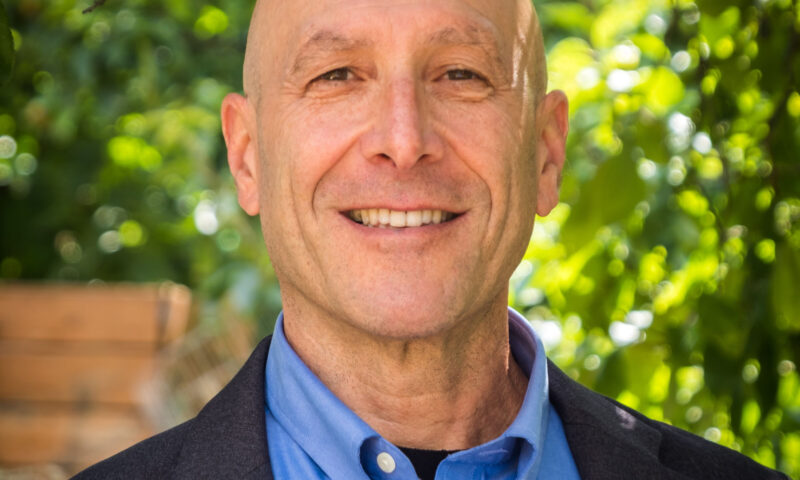30 years in public health ‘my great privilege’
Dr. Jeff Duchin, who is Seattle-King County Public Health’s health officer and a nationally recognized expert in communicable disease, will retire this summer after 30 years with the department.
His retirement, which was announced in March, will take effect July 1. Dr. Mia Shim, who heads the department’s community health services, will replace him on an interim basis during a national search for his successor.
Duchin joined the Seattle-King County agency in 1994 as a Centers for Disease Control and Prevention (CDC) medical epidemiologist assigned to tuberculosis and HIV programs, and became chief of the communicable disease and immunization section in 1998. He has served as health officer since 2015.
He has served leadership roles for the Infectious Diseases Society of America and a member of the CDC Advisory Committee on Immunization Practices, which makes national immunization recommendations. He currently serves on the CDC’s Board of Scientific Counselors, the National Vaccine Advisory Committee of the U.S. Department of Health and Human Services, and a National Academy of committee on emerging infectious diseases and health threats.
Duchin’s impact “on the health of King County residents and on the public health profession is difficult to overstate. Our entire community leaned on his guidance for safety and support during the COVID pandemic, but his legacy goes far deeper,” said Dr. Faisal Khan, director Seattle-King County Public Health. “He’s led us through countless outbreaks and served as a national expert on immunizations and infectious diseases, shaping national policy and practice. His leadership on climate and health has driven our resolve to fight for a livable planet for this and future generations. And he’s been a mentor for scores of colleagues inside and out of the department. Jeff leaves a long-lasting imprint on public health practice and everyone it touches.”
“It has been my great privilege to serve here with so many outstanding colleagues in the department and from the King County healthcare system, the University of Washington, and with community partners who value collaboration, improving population health, and achieving health equity, Duchin said.


